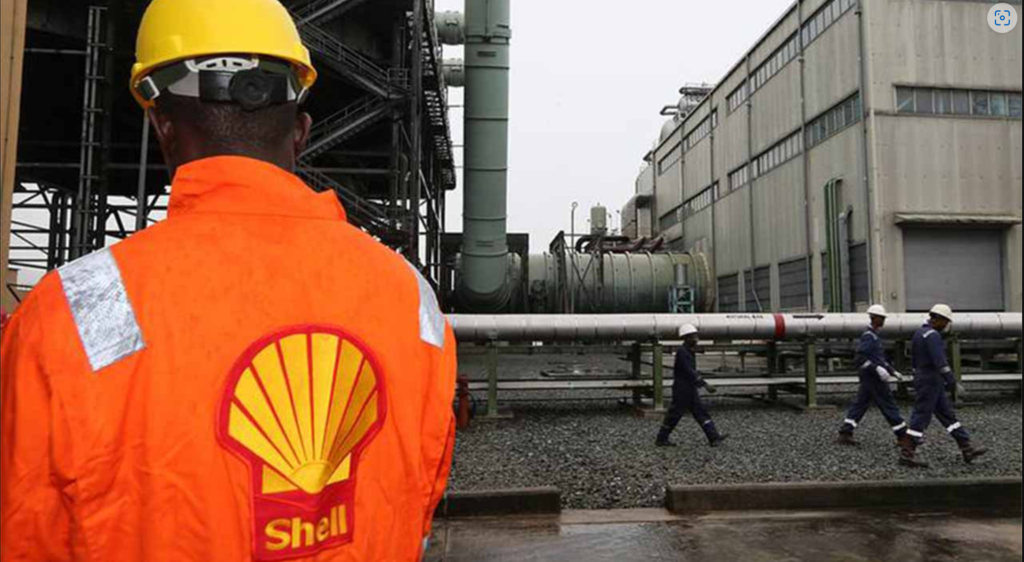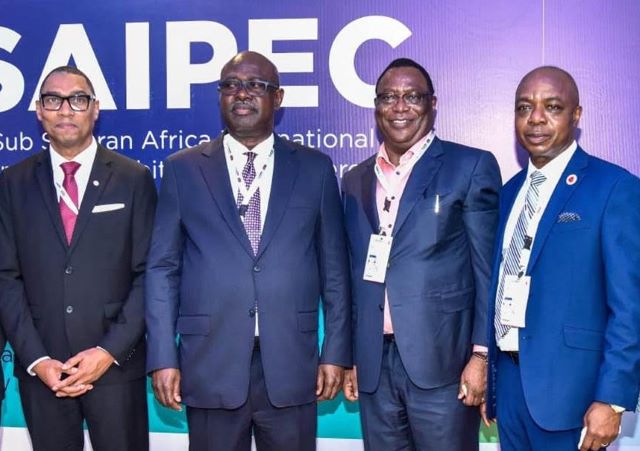In a move poised to reshape Nigeria’s oil and gas industry, Shell Nigeria Exploration and Production Company (SNEPCo) has pledged that more than 90 percent of its contract value will now be executed by Nigerian companies. The announcement, made by SNEPCo Managing Director Ronald Adams, marks a deliberate pivot toward empowering local enterprises and promoting indigenous capacity in the energy sector.
Adams made the bold disclosure during a panel session at the Nigeria Annual International Conference and Exhibition (NAICE) of the Society of Petroleum Engineers held recently in Lagos. In his address, he emphasised that Shell sees Nigerian content not just as a regulatory requirement but as a long-term business enabler. This stance underlines a growing commitment to build a resilient, tech-enabled, and locally empowered energy future for Nigeria and the broader African market.
Table of Contents

Why It Matters
By directing over 90 percent of its contract spend toward Nigerian companies, SNEPCo aims to unlock multiple benefits: from boosting the local economy and creating jobs to nurturing the growth of domestic value chains. This mirrors broader government and industry efforts to deepen local content and reduce dependency on foreign contractors.
However, Adams was candid about the challenges: despite the ambition, genuine end-to-end industrial capability remains scarce in Nigeria. As a result, complex projects often still require partial outsourcing abroad, leading to higher costs and significant delays.
Strengthening the Supply Chain: Building Local Capacity
To close these capability gaps, Adams called for strategic investments in several critical areas:
- Local fabrication and manufacturing hubs: Establishing in-country facilities to support construction and component production.
- Regional standardisation and certification schemes: Building trust and quality assurances for locally made products.
- Easier access to capital for Nigerian vendors: Ensuring small and medium enterprises can secure financing to scale operations.
He stressed these are not merely recommendations but imperatives to bring about a truly self-reliant energy framework
SNEPCo’s approach reflects that achieving a sustainable energy future in Nigeria—and Africa—won’t happen by accident. “It must be built intentionally, collectively, and courageously,” Adams stated.
Tech and Analytics Boost Performance
Adams also spotlighted the strides made in optimising offshore operations, especially on the Bonga field. Leveraging predictive analytics, integrated data systems, and proactive maintenance, Shell has managed to maintain impressive plant availability nearly two decades after “first oil.” The approach underpins the principle of “doing more with less” and demonstrates a synergy between technology, foresight, and performance.

Context: Shell’s Track Record with Nigerian Businesses
Shell’s commitment to local content is not new but appears to be accelerating:
- In 2023, Shell companies in Nigeria awarded $1.98 billion worth of contracts to indigenous firms—a 3 percent rise from $1.92 billion in 2022. These were spread across SPDC, SNEPCo, and Shell Nigeria Gas. The strategic outreach has helped strengthen local firms’ technical and financial footing.
- Beyond contract awards, Shell also funded educational and infrastructure projects—including digital libraries at Niger Delta University and IT hubs at the Federal University of Technology. It has supported centres of excellence, scholarships, and research initiatives that foster a pipeline of skilled Nigerian talent.
- In early 2024, Shell’s Nigerian content efforts included using 33 contractors—87 percent of which were Nigerian—to deliver a major turnaround maintenance on the Bonga platform ahead of schedule.
These steps demonstrate a consistent trajectory toward deepening local engagement, building expertise, and rewarding indigenous companies with substantial contracts.
A Broader Shift: Local Content as Long-Term Strategic Asset
Ronald Adams and other Shell leadership no longer frame local content as compliance—but as a critical strategic driver. Through technology transfer, capacity development, and deliberate reinvestment, they’ve made clear that Nigerian content fuels their business success.
Policy experts and the government have applauded this shift, highlighting how it aligns with the Nigerian Content Development and Monitoring Board’s (NCDMB) ambition to cultivate 50,000 postgraduate-qualified indigenous oil and gas professionals by 2027. Scholarships, training programmes, and partnerships are anchoring this vision in reality.
Looking Ahead: Aligning Vision with Action
For Nigeria to fully realise the promise of Shell’s 90 percent local contract execution target, several actions must be pursued:
- Industrial Foundations
Developing fabrication yards, certification bodies, and standards-setting institutions to support local production. - Financing Frameworks
Tailoring credit facilities and risk-sharing models to help domestic contractors meet capital requirements. - Policy Consistency
Ensuring a stable, investor-friendly landscape that allows contractors to plan, invest, and execute without regulatory uncertainty. - Technology Adoption
Facilitating access to advanced tools—like predictive analytics—that enable firms to deliver world-class outcomes. - Workforce Development
Scaling education, technical training, and scholarships to produce professionals capable of meeting modern energy demands.
Adams reinforced that Nigeria’s destiny in energy is no longer a question—it’s about the speed and effectiveness of delivering affordable, secure, and progressively cleaner power. “The question is no longer whether Nigeria will play a key role… but how quickly and effectively we can harness our potential.”

Conclusion
Shell Nigeria’s pledge to allocate over 90 percent of its contract value to Nigerian firms marks a watershed moment in the country’s oil and gas narrative. It cements local content as a strategic cornerstone, not an afterthought. If realised fully, this shift promises to unlock new levels of economic growth, industrial expansion, and technological capacity within Nigeria.
Success will depend not just on Shell’s commitment, but on the collective action of policymakers, financiers, and entrepreneurs who can now step into a role long envisioned: building a self-reliant, expertly skilled, and globally competitive energy ecosystem.
Join Our Social Media Channels:
WhatsApp: NaijaEyes
Facebook: NaijaEyes
Twitter: NaijaEyes
Instagram: NaijaEyes
TikTok: NaijaEyes







































